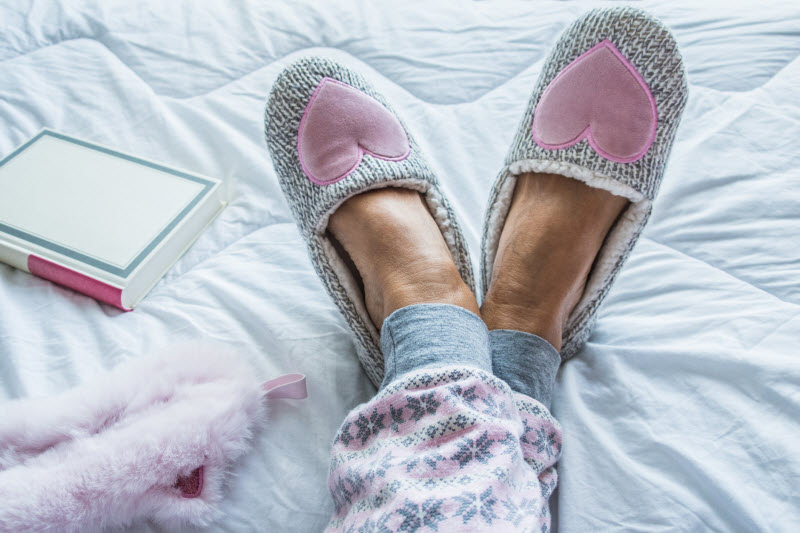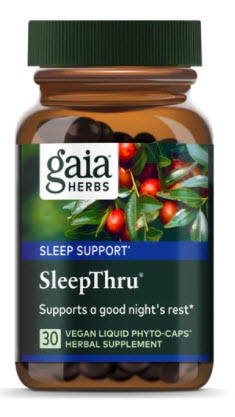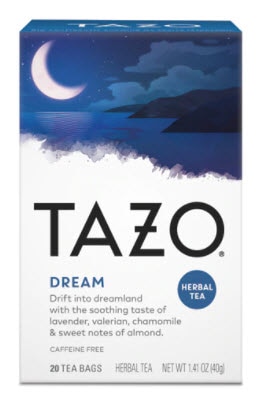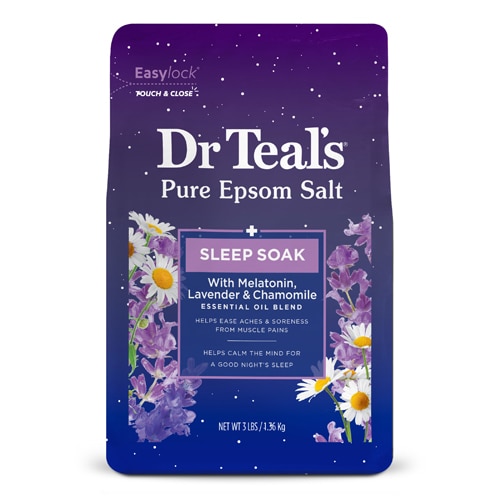Do you often have trouble getting
a good night’s sleep? As it happens, over 30 percent of Americans consistently fall short on slumber, according to a recent study by the Centers for Disease Control and Prevention (CDC). If you wonder why this is so common, here are some of the factors that can sabotage healthy sleep:
- A demanding, busy schedule.
- A stressful job or lifestyle.
- Caffeine, alcohol and drugs.
- Anxiety and/or depression.
- Poor nutrition/eating too much.
- Unhealthy blood sugar fluctuations.
- Hormonal issues.
- Pain, acid reflux, sleep apnea, thyroid disorders, etc.

Why is regular, restorative sleep so important?
Being robbed of healthy slumber over time is more serious than many people realize, and appears to be linked to numerous health problems, such as:
- Decreased ability to think, concentrate, and process information.
- Impaired memory and cognitive decline, including an increased risk of dementia and Alzheimer’s disease.
- Greater risk of mood swings and reduced emotional well-being.
- Research suggests that up to 90 percent of sufferers often experience poor sleep.
- Increased levels of the stress hormone cortisol, which may elevate the risk of cardiovascular disease, osteoporosis, insulin resistance and diabetes.
- Digestive problems and/or weight gain, due to an imbalance of the appetite regulating hormones leptin and ghrelin.
- Elevated risk of high blood pressure, Type 2 diabetes, heart disease and stroke.2
- Reduced physical coordination and a greater propensity for accidents.
What is “sleep hygiene” and how can it help?
Sleep hygiene is a behavioral and environmental practice built on a variety of
sleep-related strategies including a consistent sleep schedule, a developmentally appropriate bedtime routine and a healthy sleep environment.
3
Which sleep hygiene strategies are most effective?
Manage caffeine
As a strong stimulant, caffeine ranks among the top sleep thieves. While it is most often found in coffee, tea, and sodas, it also lurks in food products and medications. Consuming caffeine even six hours prior to bedtime may sabotage healthy sleep.
Solution: If you can limit coffee or other caffeinated drinks to the first half of the day, you will, in most cases, sleep better at night.
Avoid eating late
Going to sleep on a full stomach forces your digestive system to work overtime when it should be at rest. This in turn can impair your ability to fall asleep
and compromise the rest you do get. Heavy meals late at night may also
increase the risk of metabolic imbalances, high blood pressure, obesity, and Type 2 diabetes.
Solution: Eat your last meal of the day a few hours before bedtime. If you need a late-night snack, fresh fruit is ideal, as it is quickly digested when eaten alone on an empty stomach.
Stay active
A
meta-analysis of clinical studies found that people who exercised regularly experienced better slumber and a reduced need for sleep medications of any kind.
Solution: Tough workouts are not required to experience improved sleep. Moderate daily efforts like a 30-minute walk or casual hike are quite effective. Also, yoga was found in numerous studies to be especially beneficial in
promoting restful slumber.
Assess alcohol
While the occasional glass of wine poses little threat,
heavier drinkers may suffer from insomnia, excessive daytime sleepiness, and altered sleep architecture, a term referring to the basic structural organization of normal sleep, including both non-rapid eye-movement (NREM) sleep and rapid eye-movement (REM) sleep.
Solution: For best results, imbibe moderately, sticking with one drink per hour. You can also alternate liquor with juice or mocktails. For optimal sleep, taper off and switch to water a few hours before turning in for the night.
Create a healthy slumber zone and pre-sleep regimen
Your bedroom environment and evening habits affect sleep quality. The best sleep space will be dark, quiet, free of electronic devices and ventilated with fresh air. Another key to healthy slumber is to maintain a consistent evening sleep routine, with soothing rituals that help you wind down.
Solution:
Review your sleep zone and late-night habits. Establishing a healthy sleep space and calming nighttime routine can help ensure you transition smoothly from an active day to a restful night. Helpful pre-sleep habits include relaxing in a warm bath, enjoying a cup of herbal tea, and tucking in with a good book.
Ensuring you are getting sound, rejuvenating sleep on a nightly basis may take a bit of planning, but the benefits in overall well-being are clearly well worth the effort. Bon nuit!
Featured products:








